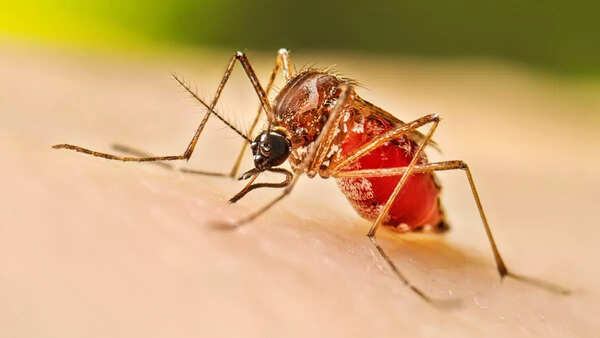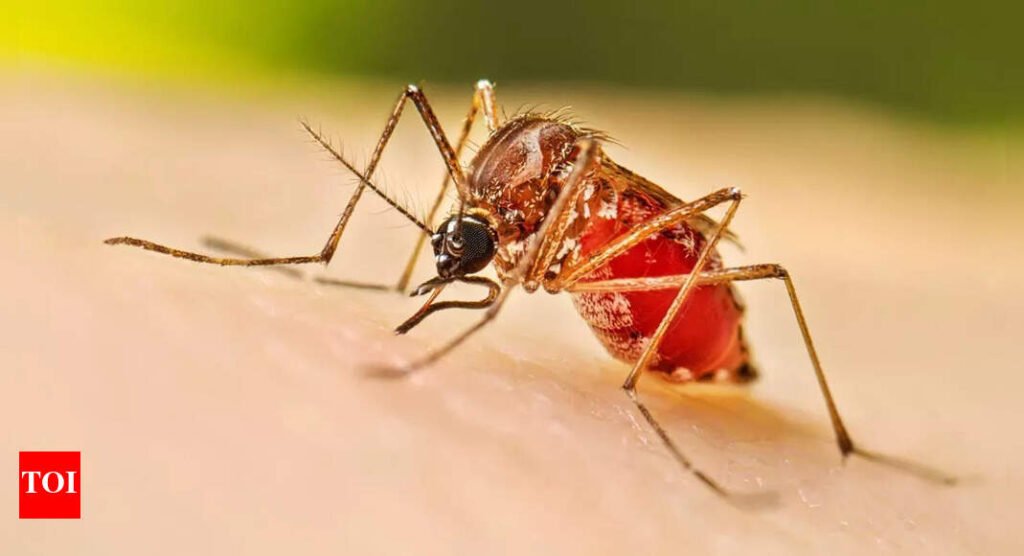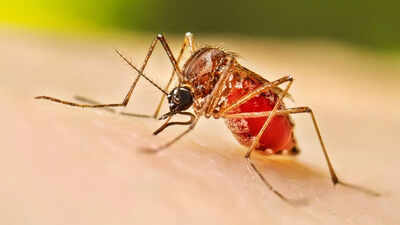Panaji: Despite Goa achieving the target of zero indigenous malaria cases in 2023 and moving towards elimination of the disease, the threat of imported malaria cases leading to local outbreaks remains a serious concern.The worry was flagged in an article in a medical periodical, Malaria Journal. Imported malaria cases continued to rise in Goa in recent years, indicating the continuous arrival of high-risk groups positive for malaria.The article said it is only a question of “when” and not “if” local malaria cases will be reported again in the state.Any migrant worker from a malaria-endemic region who tests positive for malaria within fourteen days of arrival in Goa is categorised as an imported case. Even though no local cases were reported in 2023, the imported malaria cases more than doubled from 585 in 2022 to 1,209 in 2023.“From 2012-2021, the patients’ profile at GMC shows that only 10% of the cases are malaria-positive within one month of their arrival in Goa, indicating substantial local transmission among migrant workers,” said the study titled ‘Spatiotemporal Epidemiology of Indigenous and Imported Malaria Cases in Goa, Western India’.As malaria cases decrease in the local population, there will be a decrease in protective immunity, and local outbreaks could lead to severe symptoms, the article said. Malaria control in Goa is of regional, national, and international importance. As a global tourist destination, attaining and maintaining malaria-free status could boost the state’s tourism and economy, the article said.Rising imported malaria cases have been seen in North Goa’s Panaji, Aldona, Porvorim, Betqui, Candolim, and Siolim, and South Goa’s Margao, which are the hub of continuous construction activities and have high built-up areas.The imported malaria cases in these areas are largely attributable to migrant construction workers, and more than half of malaria-positive cases in GMC were migrant construction workers from malaria-endemic north-central, eastern, and northeastern states, the article said.Continuous active surveillance, early detection, and prompt treatment of migrant workers and the vulnerable local population were suggested in the article.It also recommended sustaining the ongoing parasite and vector-control strategies to maintain the malaria-free status in Goa. The article was published by experts from ICMR-National Institute of Malaria Research, the department of public health and community medicine, Central University of Kerala, Academy of Higher Education and Research, Mysore, DHS Goa, and the department of geography, Central University of Tamil Nadu.




